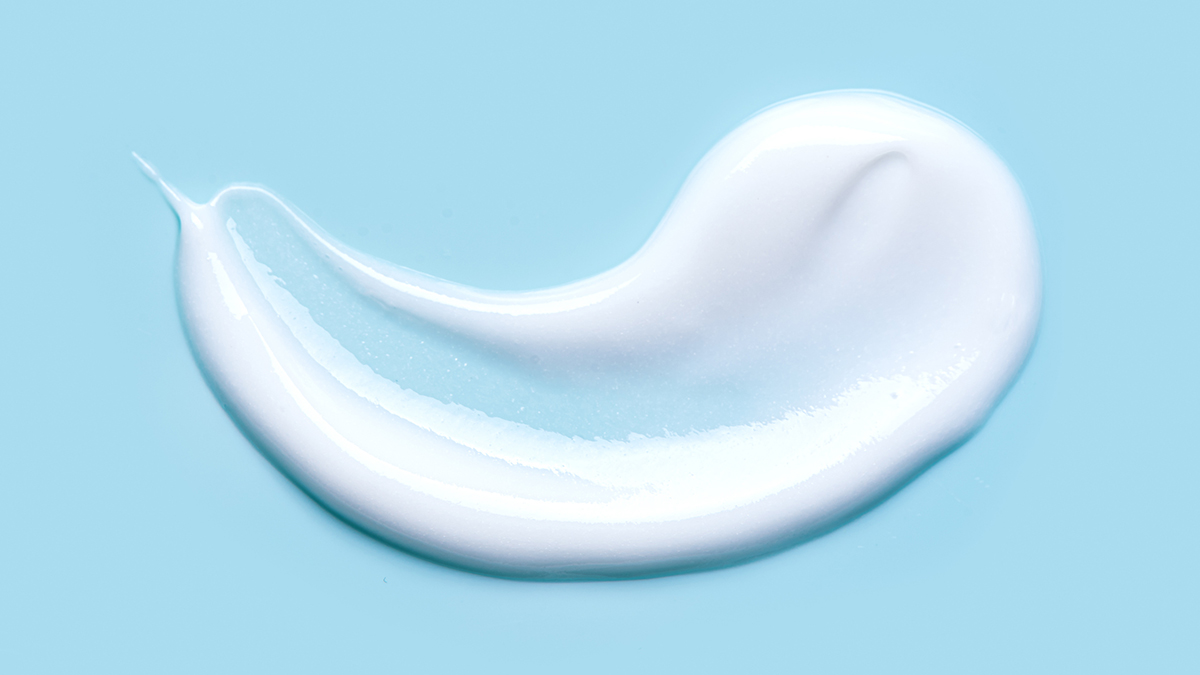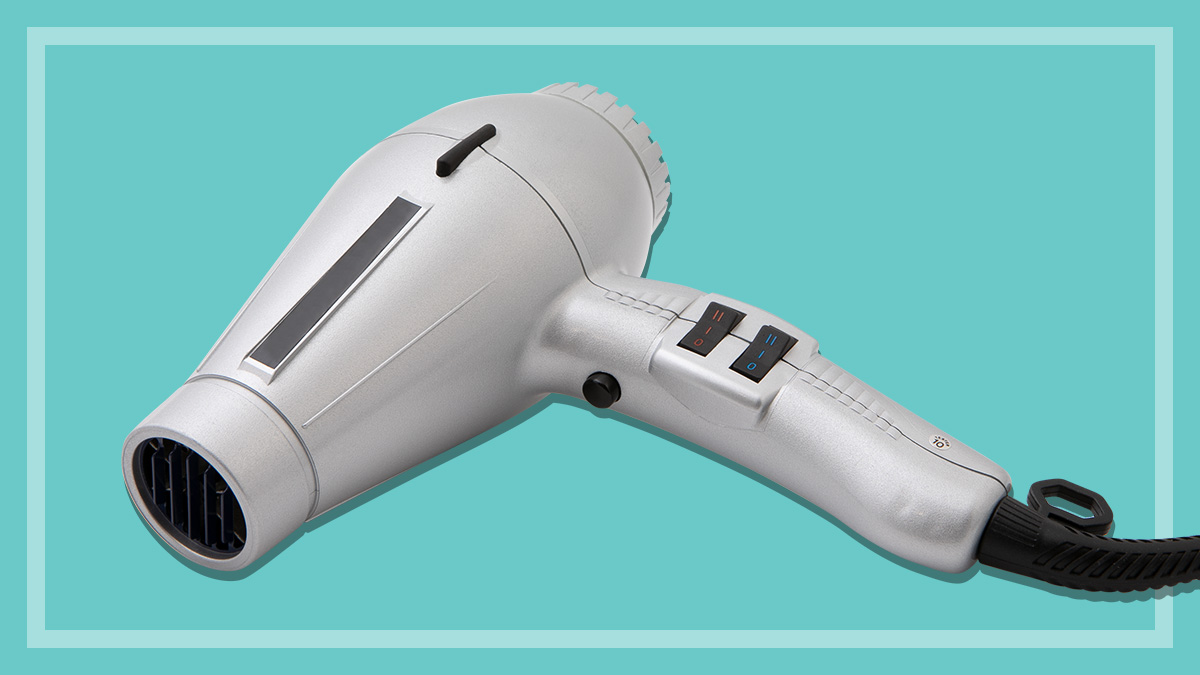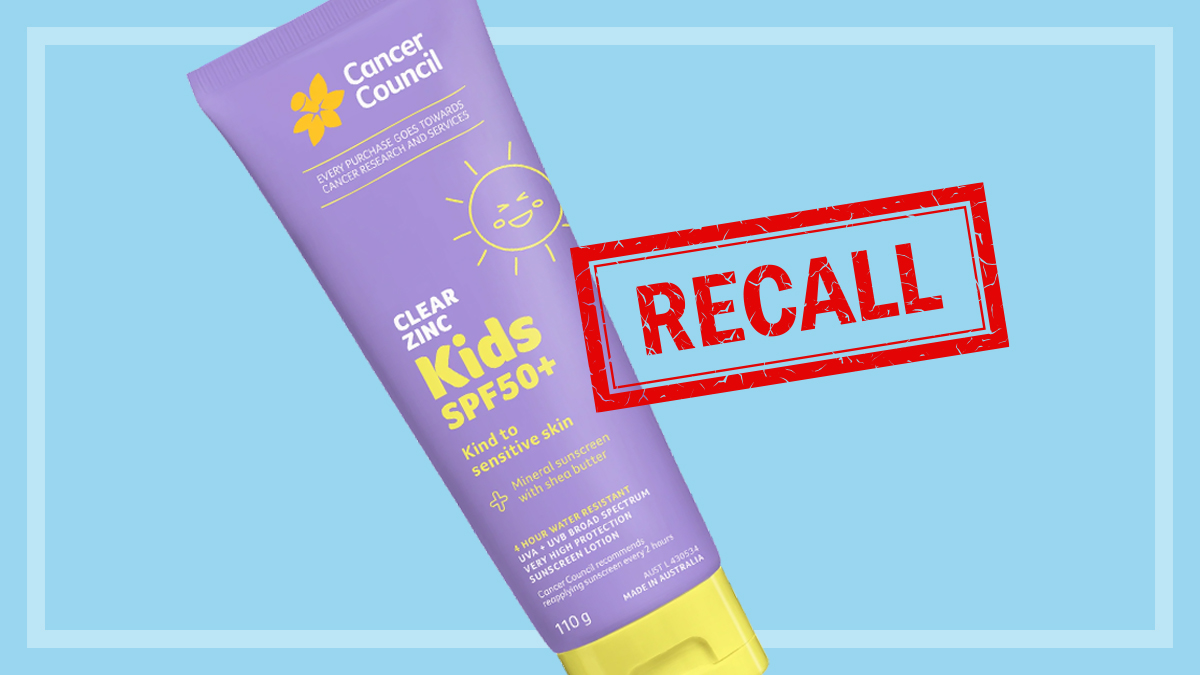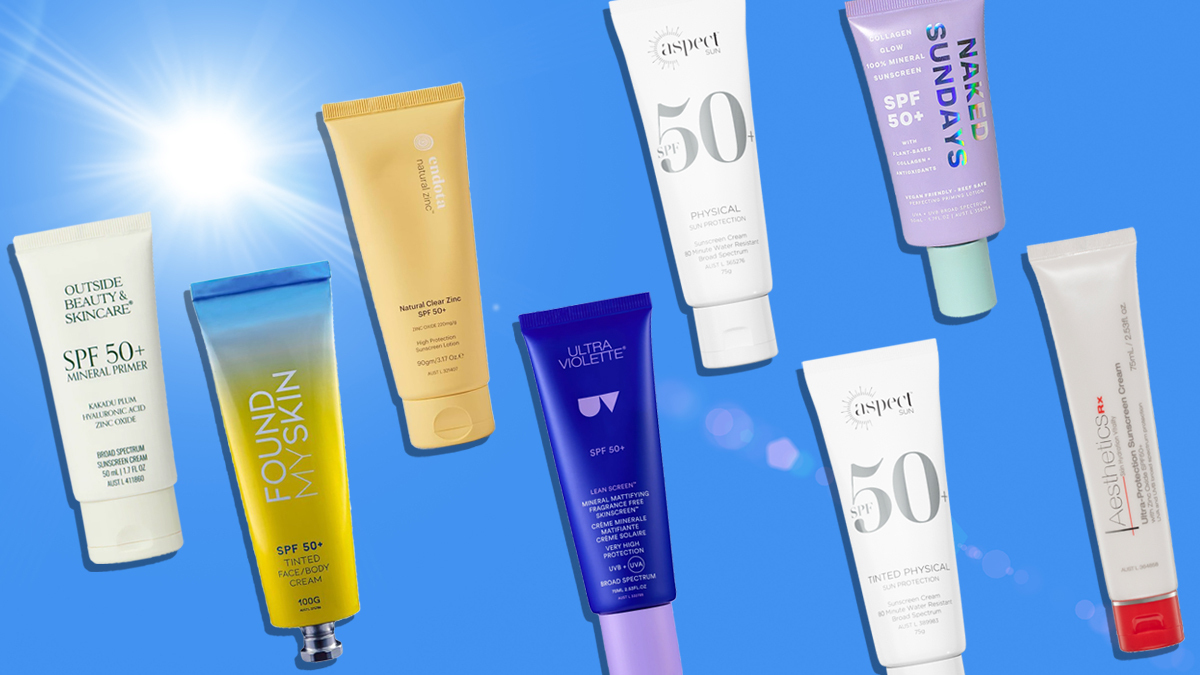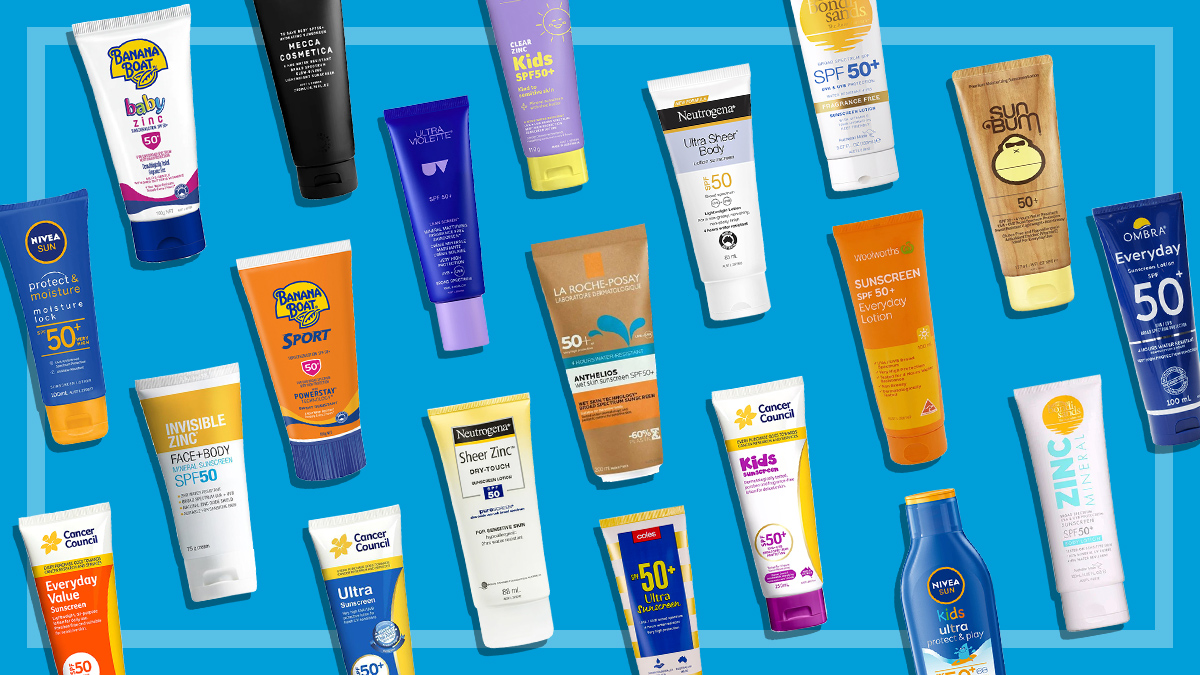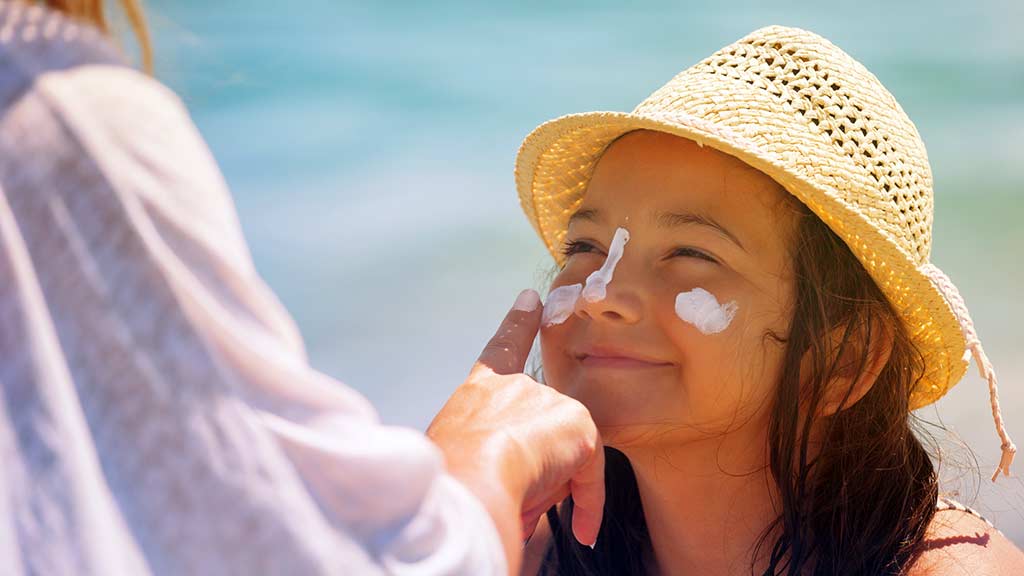Get our independent lab tests, expert reviews and honest advice.
Can your sunscreen expire?
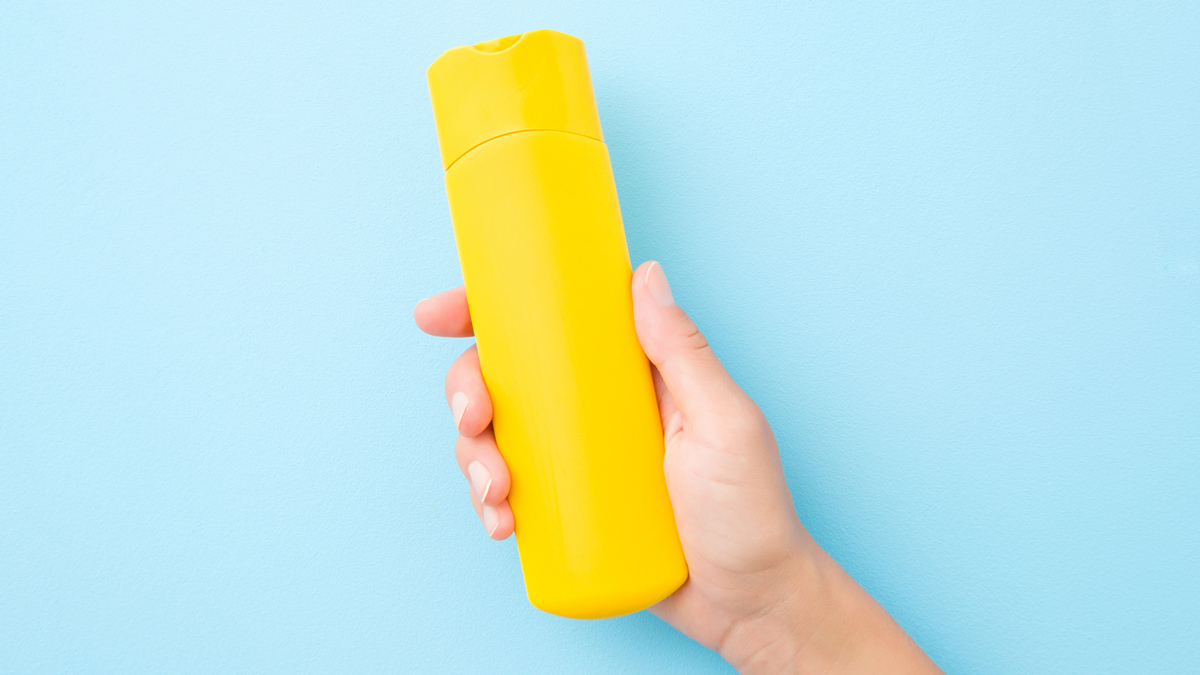
Sunscreen is a must-have in our sunny country, but many of us don’t give a second thought to whether we’re actually getting the protection we need from it. Once you’ve put it on, you’re all set, right?
Not quite. Aside from applying and reapplying it properly (which most people don’t do), it’s important to double-check whether it’s going to do the job you expect it to.
Instead of just grabbing that half-used tube that’s sat in your glovebox or in the bottom of your beach bag over winter, here’s how to make sure your sunscreen will still give you the protection you need.
How long does sunscreen last?
In Australia, all sunscreens are regulated by the Therapeutic Goods Administration (TGA), and will generally last between two to three years.
They’re also required to be labelled with an ‘expiry’ or ‘use-by’ date on the packaging, so you don’t have to remember when exactly you bought them. Although you may have to do a little searching – the expiry dates aren’t always easy to spot.
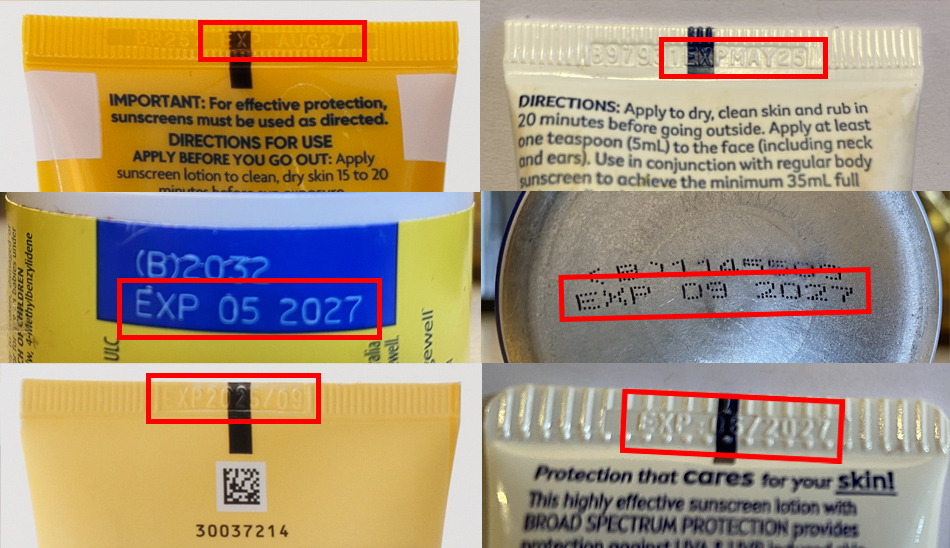
Sunscreen types: What to know
Before we even get started on the topic of sunscreen expiry, it’s important to understand the two different types of sunscreen.
Physical sunscreen (aka mineral sunscreen) contains mineral particles such as zinc oxide and titanium dioxide. The particles create a physical barrier to deflect and scatter UV rays away from your skin – think zinc sticks and those sunscreens that leave a white residue on your skin.
Chemical sunscreen is the type you’re probably most familiar with – it’s the creamy type that becomes mostly transparent when you rub it into your skin. It uses light-sensitive chemicals to absorb the UV rays so the rays don’t penetrate your skin.
So what does this mean in terms of your sunscreen expiring?
What happens when sunscreens expire?
Physical sunscreen
“Generally, with physical sunscreens, the mineral particles themselves don’t degrade or become dangerous over time,” says associate professor Yousuf Mohammed from the University of Queensland’s Frazer Institute.
But the other ingredients in mineral sunscreens do degrade, and the cream can separate from the mineral particles, he says.
The active ingredients that protect you from the sun won’t be spread evenly across your skin, leaving you with sections that are less protected
“What happens here is that the particles settle down in the sunscreen and won’t be distributed evenly throughout it.”
So when you put an expired physical sunscreen on, the particles with the active ingredients that protect you from the sun won’t be spread evenly across your skin, leaving you with sections that are less protected from UV rays.
Chemical sunscreen
“On the other hand, the ingredients in chemical sunscreens can degrade over time,” says Mohammed, who has a PhD in pharmaceutics and skin drug delivery.
“Other ingredients such as preservatives can break down over time, potentially causing irritation in some sensitive individuals, as well reducing the effectiveness of the product.”
Can I still use expired sunscreen?
No. If your sunscreen has passed the use by or expiry date, you should throw it out.
And regardless of what the date on the tube says, it’s important to check the consistency – it can give you an indication of whether or not it’s gone bad ahead of time.
Here’s some general advice.
- If your mineral sunscreen has separated or feels gritty, watery or lumpy, it won’t be as effective as it should be, so you should probably replace it.
- That tube of chemical sunscreen that’s been sitting in the glovebox for years? Definitely chuck it.
How to tell if your sunscreen has gone bad
- Check the expiry – is it out of date?
- Has it been exposed to high temperatures for a prolonged period (e.g. stored in the glove box of a car in the heat)?
- Have the ingredients separated or do the contents watery, lumpy or gritty?
If you answered yes to one or more, dispose of your sunscreen and buy a new one.
How to store sunscreen
Heat is sunscreen’s biggest enemy. It causes the ingredients to break down faster, which is ironic considering that sunscreens are mostly used in high heat settings, says Mohammed.
“My research shows rapid degradation of sunscreens from heat and from being left in full sun, like leaving them in the car or on your beach towel,” he says. “Storing sunscreen in a cool, dry place can prolong its shelf life.”
To stop your sunscreen degrading before the expiry date, store it below 30°C, out of direct sunlight, and away from other heat sources.
If you’re outdoors, keep it in the shade or wrapped in a towel.
How much sunscreen do I need to apply?
How much sunscreen do I need?
“Most people don’t put on enough sunscreen in the first place,” says Craig Dennyson, spokesperson for Eurofins Dermatest Australia, a company that lab tests sunscreens.
“But if you take the risk of using a sunscreen that’s expired or degraded – or one that doesn’t meet the SPF claim on the label – then it’ll give you even less protection.”
The recommended amount of sunscreen for adults is 5mL or one teaspoon for each area of the body, which equates to 2mg per square centimetre of skin. But most people don’t apply that much.
The recommended amount is one teaspoon for each area of the body, but most people don’t apply that much
“Say your sunscreen is labelled SPF 50 but only delivers SPF 30 protection. If you only put on half the recommended amount, then that brings the protection down to more like SPF 8,” says Dennyson.
And if you factor in things like sweat, swimming, towelling off and so on, he adds, you’ll be getting even less protection again.
“This is why it’s so important to check the expiry date and store it correctly – but to also make sure the sunscreen you’re buying actually lives up to the SPF level on its label in the first place.
“And of course, always make sure you’re applying and reapplying it properly.”
What’s the correct amount of sunscreen to apply?
To ensure you’re getting the full effects of your sunscreen, you need to apply a lot more than you probably realise.
To be properly covered, you need to apply seven teaspoons, one for each section of your body:
- 1 teaspoon for face, neck and ears
- 1 for the front of your torso
- 1 for the back of your torso
- 1 for each arm
- 1 for each leg.
Not applying it often enough (every two hours), not reapplying after swimming or exercising, and inadvertently rubbing it off on clothing, towels and so on can also reduce its effectiveness.
You need more than sunscreen to be sun-safe
Sunscreen is just one line of defence against the sun’s ultraviolet (UV) radiation.
For the best protection, don’t forget to cover up with clothing or a rash vest, wear a sunscreen that meets its SPF claims, wear a hat and sunglasses, and stay in the shade when possible.

